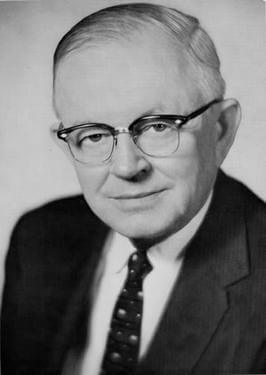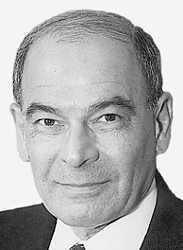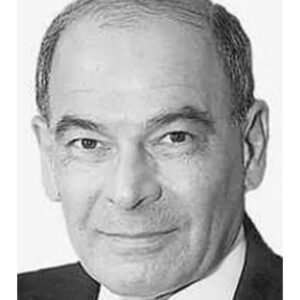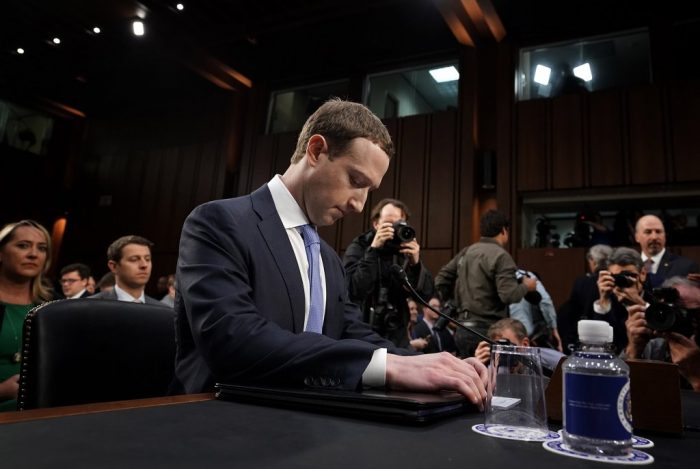Frank DeFilippo: Vote Counting Is Always a Tricky Science

History repeats itself for someone, or some two, who claim to have the votes for speaker but don’t.
Del. Adrienne Jones is a first, all right – female and black in a gallery of succession that is exclusively male and white. But the new Maryland House speaker is not the first beneficiary of a faulty vote count, real, strategic or mischievous.
Smart hunting dogs don’t stop and ask for directions. The competitors for the job, Del. Maggie McIntosh, of Baltimore, and Del. Dereck Davis, of Prince George’s County, either ran out of fingers or deliberately misstated their vote-counts in claiming the magic number of commitments. Jones provided cover for the bloopers. She’s not alone.
Set the time portal back to 1964, when House Speaker A. Gordon Boone, Democrat of Baltimore County, was arrested and darned near dragged off the speaker’s rostrum in handcuffs by federal agents as part of the state’s first major savings and loan scandal.
It was Boone’s conviction and sentencing to prison that launched Marvin Mandel on his way to the governorship when Eastern Shore members of the House of Delegates defied Gov. J. Millard Tawes’ orders to elect his hand-picked successor to Boone. Back in the day, governors played a major backstage role in selecting General Assembly leaders.
Tawes’ whisperer was a beer industry lobbyist, entrepreneur and Democratic party financier George H. Hocker – in the parlance of the day, a “bagman” – who had made a deal with Baltimore County’s Democratic boss, Michael “Iron Mike” Birmingham, to pass the speakership on to one of his own, Del. John McGuire. (Every year, in the Tawes era, 1959-67, legislation to increase the tax on beer – dubbed the “Hocker rocker” – was introduced but disappeared mysteriously by the session’s end.)
Following up on the deal, when Tawes’ orders reached the House floor, Del. Thomas Hunter Lowe, of Talbot County, rebelled and threatened to lead the entire Eastern Shore delegation in a protest march out of the House chamber.
Lowe, chairman of the House Judiciary Committee, was immediately summoned to a meeting with Tawes, who was in seclusion at the Governor’s Mansion convalescing from the flu, with only Hocker allowed at his bedside to advise him.
Lowe refused to budge under pressure from Tawes and Hocker. Lowe said he was supporting Mandel, then chairman of the Ways and Means Committee as well as of the Baltimore City delegation, for speaker. He told Tawes that if that was unacceptable, the Eastern Shore delegation would walk out and take their votes with them.
At the time, before court-ordered redistricting and reapportionment, the old “unit rule” prevailed and the nine Eastern Shore counties combined controlled more voting power than any other major subdivision or combination. Local courtesy was also observed whereby a county could exempt itself from a statewide law (as the Eastern Shore counties originally did as a bloc with public accommodations.)
Tawes (and Hocker) saw support for McGuire rapidly fading and finally relented to Lowe’s position. Mandel was elected speaker.
In 1969, Mandel returned the favor when he was chosen governor to succeed Spiro T. Agnew who was on his way to Washington to become vice president. There was a quiet competition between two delegates – Lowe and John Hanson Briscoe, of St. Mary’s County – to succeed Mandel as speaker.

Frank A. DeFilippo
Briscoe, political rubberneckers may note, is the namesake and direct descendent of, arguably, America’s first president by default, John Hanson. Hanson was president of the Continental Congress (1781) before the country had a president, and thus had the title thrust upon him if only as a titular honor by friends and fans and history’s mischief-makers.
Briscoe was also lineal heir to a legendary political rivalry in St. Mary’s County that resembled the Hatfields and the McCoys – the Briscoes and the Dorseys – the in-laws of Jeanne Blackistone Dorsey, who Mandel eventually would marry after a nasty public divorce in 1974.
Mandel knighted Lowe to succeed him as speaker, mindful of Lowe’s crucial support five years earlier and of Lowe’s service as a member of Mandel’s House leadership team as Judiciary chairman.
But in December 1970, Mandel suspected the gesture had returned to taunt him. Mandel was involved in a fatal auto accident on Route 301 to Southern Maryland – dubbed at the time “the road to Mandalay” – when his secret love life came tumbling out of the closet where it had remained hidden for a half dozen years.
Rumors were flying about why Mandel was a passenger in an unmarked State Police car at midnight on Route 301. Mandel speculated that a source of many of the rumors about his secret romance with Jeanne Dorsey was Sylvia Briscoe, wife of John Hanson Briscoe, getting even for Mandel’s having passed over her husband for speaker.
In 1975, bad arithmetic as well as ugly politics interrupted the natural flow of the Maryland Senate to choose a successor to its esteemed retiring president, William S. “Billy” James, who held the job from 1963-74.
Three senators claimed they had the votes, which meant none of them did – Steny H. Hoyer, of Prince Georges County, Harry “Soft Shoes” McGuirk, of Baltimore City, and Roy Staten, of Baltimore County.
All three were friends and supporters of Mandel, which made the choice all the more difficult. The wily McGuirk and the reliable-vote Staten were certain allies, and Hoyer was a product of the Prince George’s political machine of Peter O’Malley, who had tried to coax Kennedy in-law R. Sargent Shriver to run against Mandel in 1974. (Shriver began the run but withdrew when he encountered overwhelming voter support for Mandel.)
Mandel summoned the three senators to the Governor’s Mansion on a Sunday afternoon in an attempt to let them sort out their vote-pulling power among themselves. When that stratagem failed, Mandel stepped in as referee and eventually settled on Hoyer as having the broadest appeal to succeed James while at the same time nailing down an IOU with O’Malley and his Prince George’s juggernaut machine.
P.S. For amateur historians and the youngsters among us, here’s a footnote to remember for the next skirmish: Forget all those promises about a “first” black this, or a “statewide” black that. There’s already been one.
Richard M. Dixon, a conservative black delegate from Carroll County, was elected state treasurer by his General Assembly colleagues in 1996 and reelected in 1999. He resigned well into his second four-year term and was succeeded in 2002 by Nancy Kopp, a delegate and the current and second female treasurer.
(Kopp, incidentally, failed in a 1992 attempt to unseat Speaker R. Clayton Mitchell, of the Eastern Shore. And another speaker, Casper R. Taylor, of Western Maryland, had considered snagging the treasurer’s job for himself but eventually supported Kopp.)
As treasurer, Dixon had a seat on the three-member Board of Public works, the state’s highest administrative agency, that awards billions in state contracts every year. Dixon also sat on the board of the state pension system.
From that position, Dixon flushed out a scheme in which a certain Baltimore broker favored by the Glendening Administration, Nathan Chapman, was being paid exorbitantly high basis points, or commissions, for managing state pension funds. (Chapman later was convicted and imprisoned on separate charges of defrauding the pension system of more than $5 million by using state money to buy stock in his own failing companies.)
In politics, as in life, what goes around comes around.




 Creative Commons Attribution
Creative Commons Attribution